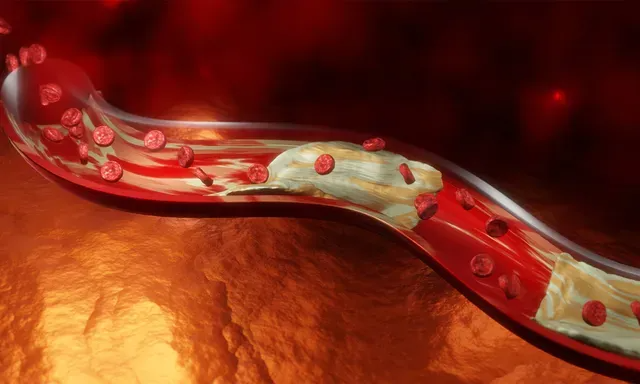Peripheral Artery Disease (PAD) / Limb Salvage
Peripheral artery disease (PAD) is a common problem that causes narrowing of the arteries supplying blood to the arms and legs. Vascular surgeons, Danón Garrido, MD, and Justin Manley, MD, at Advanced Vascular & Vein Associates in Flowood, Mississippi, offer comprehensive care for circulatory issues such as PAD. Their goal is to relieve the pain and other debilitating symptoms related to PAD while preventing the long-term health consequences of this progressive disease. Schedule an evaluation today by calling the office or requesting an appointment online.

